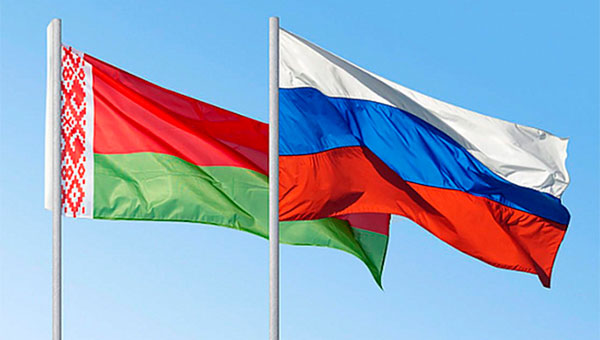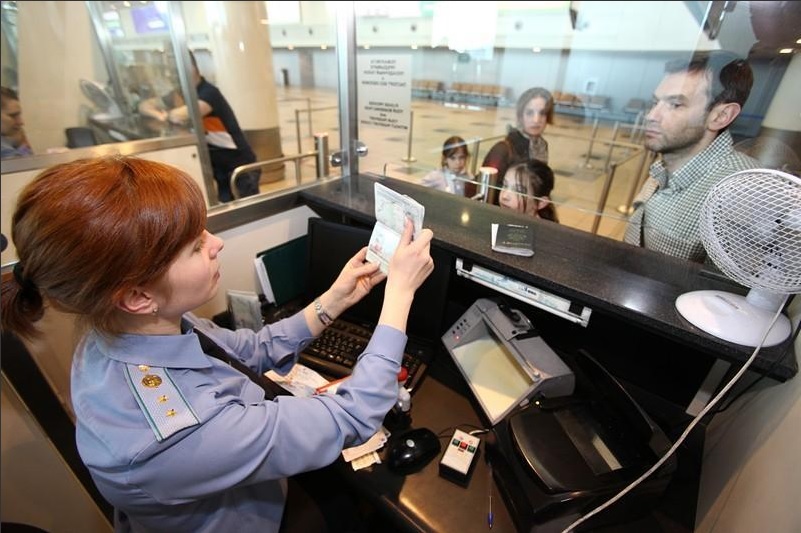Belarus and Russia: Visa Mutual Recognition Agreement from January 2025
New rules opened opportunities for millions of tourists
On January 11, 2025, the long-awaited agreement between Russia and Belarus on mutual recognition of visas came into force. The document was signed back on June 19, 2020, but only now, after completing all domestic procedures, it has taken effect.
For Belarusian and Russian citizens, nothing has changed – they can still travel freely between the two countries without visas. The main changes affect foreign citizens.

Concrete figures of tourist flow
Record results in 2024
In 2024, the mutual tourist flow between Belarus and Russia reached a record 6 million people. This demonstrates the enormous potential for joint tourism development.
In 2024, Belarus hosted nearly 370,000 organized tourists. Of them, more than 355,000 were Russians, accounting for 96% of the entire tourist flow. Chinese tourists numbered only 763, while Indian citizens were even fewer.
What changed for foreigners: practical examples
Mutual recognition of visas
Now, foreign citizens with a visa from one country can visit both. For example, if a Chinese businessman obtained a Russian business visa costing about 7,900 rubles, he can also enter Belarus with the same document.
Visa-free regime in effect
If citizens of a certain country have visa-free entry to both Belarus and Russia, then only a passport is required to travel.
Practical example: Indian citizens can enter Belarus without a visa for 30 days if they hold a Schengen visa and arrive via Minsk airport. With the agreement in force, they can also visit Russia under the same regime.
Savings for tourists
Previously, Chinese tourists had to obtain two separate visas: a Belarusian visa for $60 and a Russian visa for $52–480. Now, one visa from either country is sufficient.
Border crossing points with concrete routes
Foreigners may cross the border via six designated road checkpoints:
| Checkpoint | Route | Distance |
|---|---|---|
| Yukhovichi – Dolostsy | Opochka – Novopolotsk | 280 km |
| Ezerishche – Nevel | Kyiv – St. Petersburg | 650 km |
| Liozno – Kruglovka | Vitebsk – Smolensk | 280 km |
| Redki – Krasnaya Gorka | Minsk – Moscow | 700 km |
| Zvenchatka – Dubovichka | Bobruisk – Moscow | 400 km |
| Selishche – Novozybkov | Gomel – Bryansk | 150 km |
Crossing is also permitted through international railway and air checkpoints. There are 26 train pairs and nearly two dozen air routes between Belarus and Russia.
Real tourist routes
Popular combined tours
Tour operators have already started offering “Beijing – Minsk – Moscow” routes. Chinese citizens can arrive in Minsk visa-free for 30 days and then travel to Moscow on a Russian visa.
Example route for Indian tourists:
- Arrival in Minsk with a Schengen visa (30-day visa-free regime)
- Transfer to Russia via the “Redki – Krasnaya Gorka” checkpoint
- Visits to Moscow and St. Petersburg
- Return via Belarus
Economic effect for tourists
Russian tourists spend an average of 55,000 rubles in Belarus over four days. Belarusians in Russian health resorts are the main category: in 2024, there were 175,000 of them.
Special conditions with examples
Ukrainian citizens
For Ukrainian citizens, a special entry procedure to Russia remains in effect: entry is only allowed through Moscow’s Sheremetyevo airport or the Ludonka road checkpoint in the Pskov region.
Length of stay: important details
The period of stay is calculated from the moment of entry into the first country. Practical example: If a Chinese tourist receives a Russian visa for 30 days and enters Belarus on January 1, the stay across the Union State expires on January 31, even if they plan to spend only 10 days in Russia.
Document processing costs
- Russian tourist visa for Chinese citizens: 7,900 rubles
- For Indian citizens: 5,900 rubles
- Russian e-visa: about $52
Economic significance: concrete figures
Tourism revenues
In 2024, Belarus earned $163 million from exporting tourism services to Russians, and in January–July 2025 alone – already $119 million.
Growth in destination popularity
The demand for Belarus as a destination among Russian tourists increased by 30–40% during the New Year holidays in 2025. Overall tourist flow in 2024 grew by 15%.
New opportunities for business
Inbound tour operators believe that mutual visa recognition will increase the flow of foreign tourists to both countries. This is especially important for Belarusian operators, who can now offer routes including Russia.
Agreement limitations: practical aspects
The agreement does not apply to citizens restricted from entering one of the countries. It also does not cover diplomatic staff or territories requiring special permits.
Each side retains the right to deny entry or shorten the period of stay. It is important to remember that crossing the border at non-designated points is considered a violation.

Development prospects
The Chairman of the Republican Union of the Tourism Industry notes a stable 15% increase in tourist flow from Russia in 2024. Experts predict that the agreement will become a new driver for inbound tourism growth in both countries.
This agreement is an important step toward creating a unified migration space within the Union State and simplifying travel for millions of foreign tourists.
Sources: